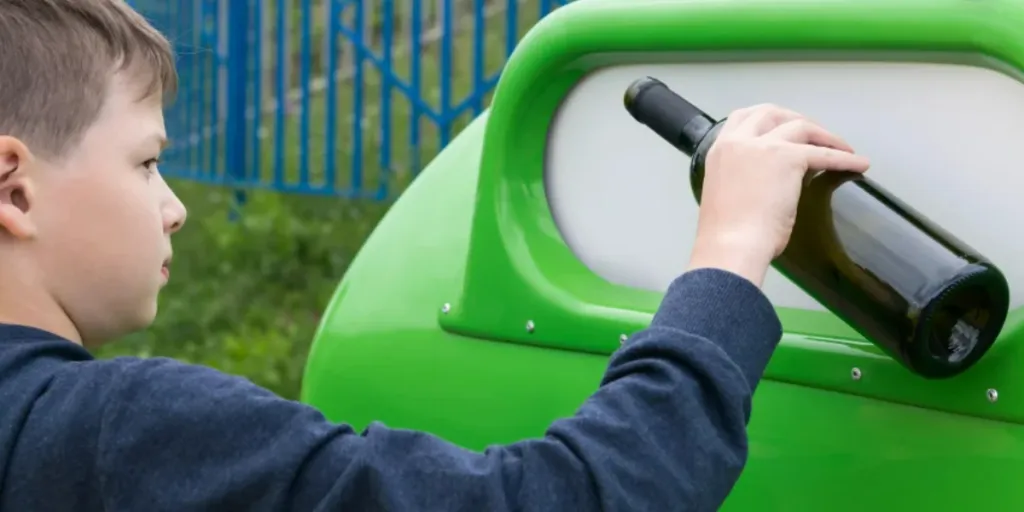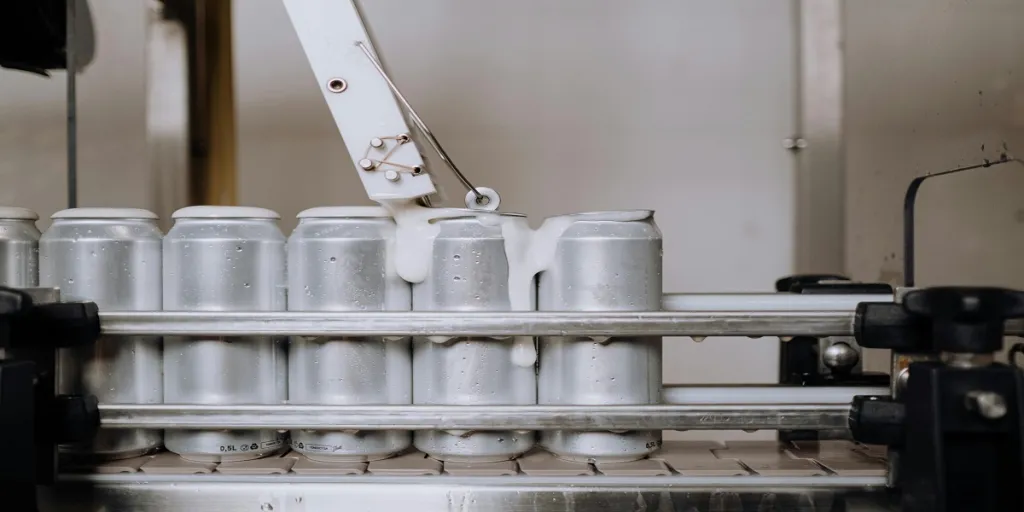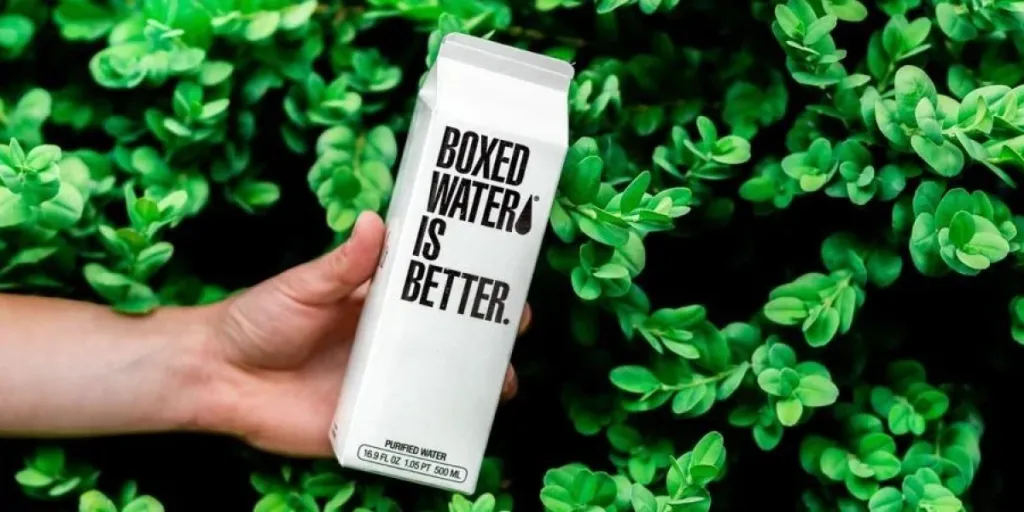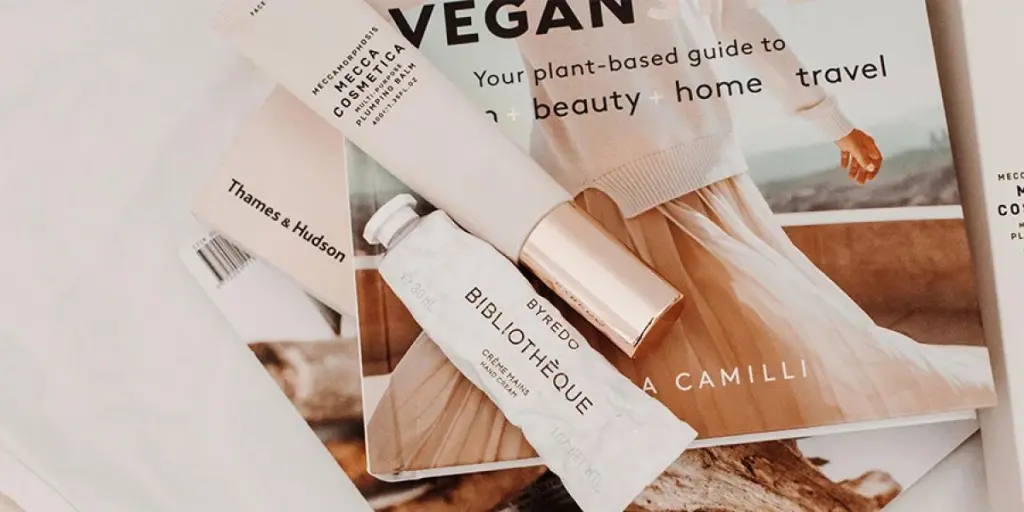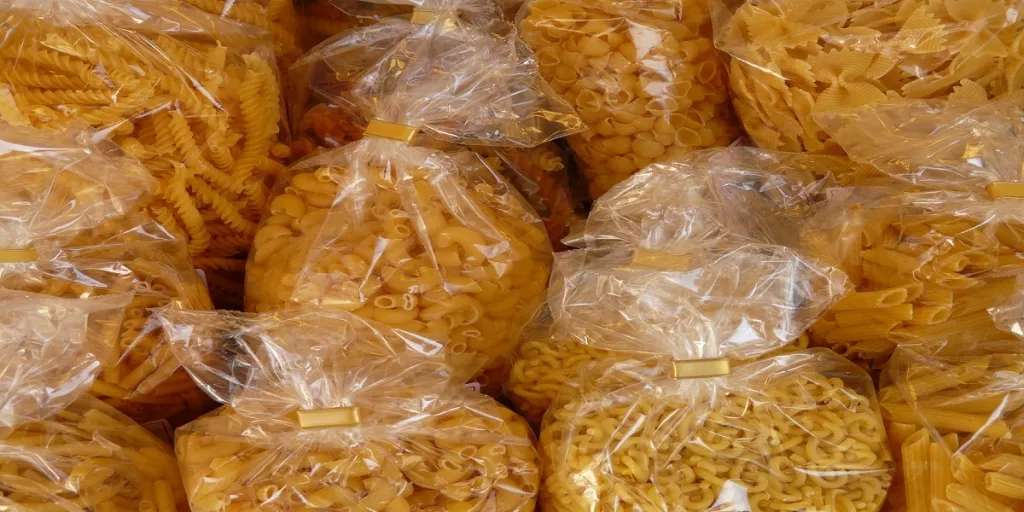Bernard Grafé, the current owner of Grafé Lecocq, a fourth-generation family-run négociant-éleveur business, is continuing a tradition established in 1879. The company’s model involves collaborating with French wine producers to purchase raw wines, then ageing and bottling them for the Belgian market.
Grafé emphasises that their sales, mainly within a distance of 200 kilometres, create a circular system of recollection and re-use. This approach, now seen as revolutionary, keeps their carbon footprint remarkably low.
Grafé’s circular system is proving invaluable during glass shortages caused by the Ukrainian war, and its low environmental impact is drawing attention globally.
Environmental and economic benefits of re-use
Grafé’s re-use system stands as a solution to the glass shortage dilemma while showcasing its environmental benefits.
The carbon footprint of Grafé Lecocq’s method is ten times lower than conventional packaging. Compared to other packaging options, Grafé’s system shows significant advantages.
In contrast to a single-use glass bottle, PET containers have a 50% lower carbon footprint, aluminium cans come in at 66% lower, bag-in-box at 86% lower, and Tetra Pak at 88% lower.
With a 90% reduction in carbon emissions, Grafé’s system performs strongly while circumventing the waste production associated with alternatives.
Challenges and strategies for scaling re-use
As global consciousness over environmental concerns rises, questions arise about why re-use isn’t more widespread.
Despite its evident benefits, re-use faces challenges. A number of strategies are emerging to address these challenges, with a focus on co-operation with retailers and innovative collection methods.
Collaboration with retailers emerges as a key strategy for expanding re-use systems. Loop, a global platform for re-use, has partnered with major retailers such as Walmart, Kroger and Walgreens.
This co-operation involves setting up smart bins, reverse vending machines and other collection methods. Aiming for scalability, Loop works with a range of brands and prioritises durable containers.
Platforms such as Revino, OOM, and Oé engage with retail partners to drive recollection efforts.
Mindset shifts required for widespread re-use
Despite the potential of re-use, challenges such as glass bottle standardisation and consumer preferences remain. Efforts by organisations like Conscious Container and Revino focus on salvaging unused glass and collaborating with environmentally conscious producers.
To make re-use more prevalent, a shift is needed in which wine producers and consumers prioritise environmental considerations over unique aesthetics.
In this evolving landscape, circular systems and innovative partnerships are guiding re-use into a more sustainable future.
Source from Packaging-gateway.com
Disclaimer: The information set forth above is provided by Packaging-gateway.com independently of Alibaba.com. Alibaba.com makes no representation and warranties as to the quality and reliability of the seller and products.
